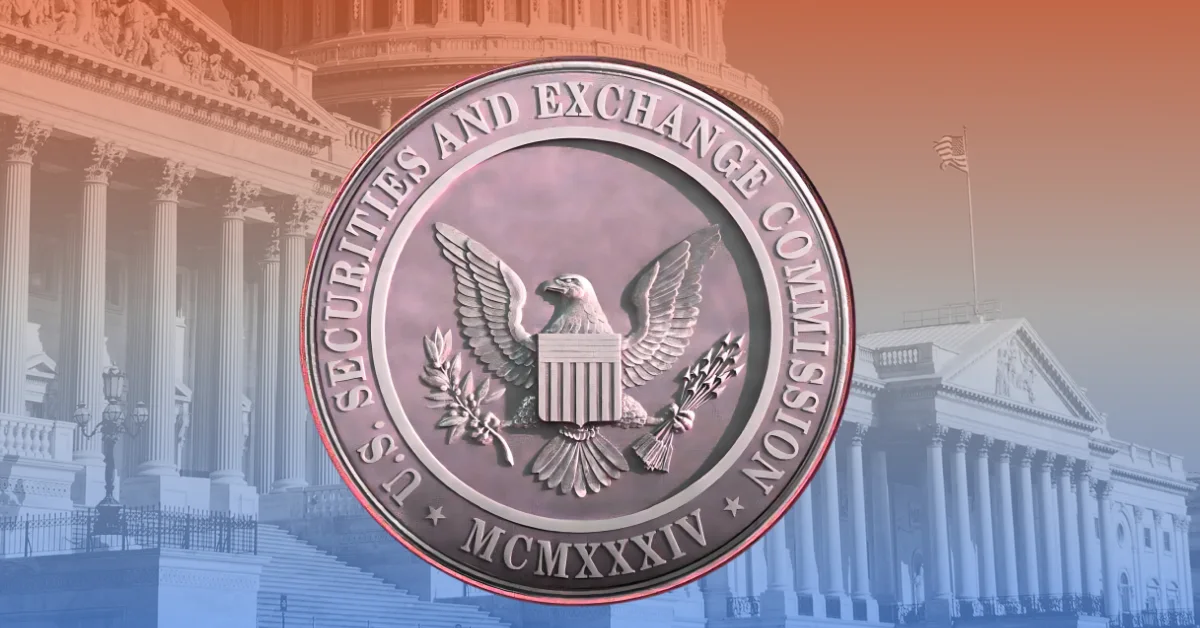
In a recent episode of the Thinking Crypto podcast, Amanda Tuminelli, who serves as the Chief Legal Officer at the DeFi Education Fund, shared her insights on the IRS and the Treasury’s recent rulemaking concerning digital asset transactions. On December 27th, the IRS finalized a tax reporting rule impacting participants in the DeFi industry. This rule has sparked controversy as it broadens the definition of a broker beyond its statutory meaning. In response, a lawsuit was filed against the IRS by the Blockchain Association and the Tech Texas Blockchain Council in federal court. This legal action aims to maintain their objection to this expansive rule.
Anticipating a Possible Pushback
The IRS’s definition of a broker, according to the TLDR, is an individual or entity that, in exchange for consideration, facilitates the transfer of digital assets on behalf of another party. However, the IRS argues that front ends, which do not take custody of assets but merely assist users in completing transactions, also fall under this definition. Essentially, any service that facilitates a transaction could be deemed a broker, regardless of the traditional statutory interpretation.
Amanda Tuminelli highlighted that the IRS’s rule is slated for implementation in 2025, with reporting obligations set to commence on January 1, 2027. However, with the prospect of a pro-crypto administration taking the reins, there is an expectation of potential pushback or even a rollback of this rule. Congress has the authority to review and potentially disapprove of the rule under the Congressional Review Act, which would prevent its enforcement before the specified deadline.
Optimism with the Incoming Administration
Looking ahead, Tuminelli expressed optimism regarding the upcoming election of pro-crypto President Donald Trump, who is anticipated to take the cryptocurrency industry seriously. A pivotal change is expected with the appointment of Paul Atkins, who will replace Gary Gensler, noted for his adversarial stance towards crypto. This shift in leadership could lead to the SEC focusing on fair regulations and potentially dropping some non-fraud cases, which would reduce the need for piecemeal lawsuits.
Amanda anticipates a transformation in SEC leadership under Chair Paul Atkins, which may result in favorable settlements or clearer regulatory guidelines for crypto businesses. Additionally, she addressed concerns about the Department of Justice’s approach toward developers, particularly in cases involving Tornado Cash. There is apprehension about overly broad criminal liability for creating software tools that could be misused by bad actors.
In summary, Amanda Tuminelli remains cautiously optimistic about the potential for positive change in 2025. She hopes for enhanced regulatory clarity and a decrease in litigation within the crypto industry, paving the way for a more transparent and supportive regulatory environment.






